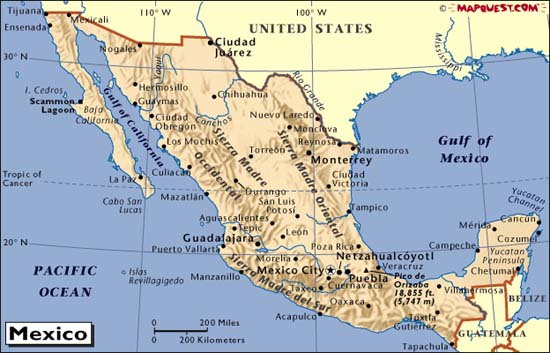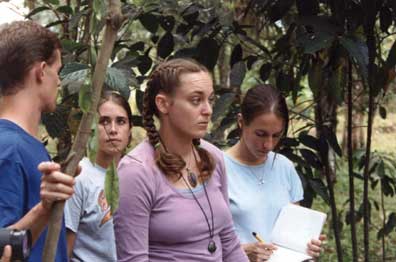
| By Admin1 (admin) (pool-151-196-25-92.balt.east.verizon.net - 151.196.25.92) on Monday, November 10, 2003 - 3:36 pm: Edit Post |
Details on status of Peace Corps agreement with Mexico

Read the entire briefing at:
Quote:The Peace Corps and Mexican Council on Science and Technology, we hope will make meaningful progress toward an agreement that will allow the posting of volunteers in Mexico, in a sort of high tech field, rather than sort of a traditional or what is known as -- commonly regarded as a traditional role for the Peace Corps.
QUESTION: On the Peace Corps, first of all, can you confirm this is the first time Mexico has accepted Peace Corps volunteers in over the 40-year existence of the Peace Corps? And I believe that's true. And if -- could you speculate as to why it took this long for them to accept Peace Corps volunteers?
Well, on the Peace Corps thing, if I'm not mistaken, there might have been Peace Corps volunteers -- never have been Peace Corps volunteers, so I am mistaken. You're correct, as usual, George. I blundered by doubting that.
No, I think what's particularly interesting about the expected agreement is a focus on a new role for Peace Corps volunteers. We're not talking about what people -- a role that people generally associate with Peace Corps volunteers in the underdeveloped world. We're talking about Mexico, which is a highly developed, significantly developed country.
And for that reason, there are some specific interests on Mexico's part of having volunteers that can come in and affect, essentially, a technology transfer in computers and technology by -- and so therefore, we're contemplating volunteers that would be -- have that particular skill and knowledge and talent and expertise to be imparting with the Mexican partners. I think that is a focus of the Government of Mexico on improving its competitiveness for the new century, and I think it's a very positive hopeful sign.

